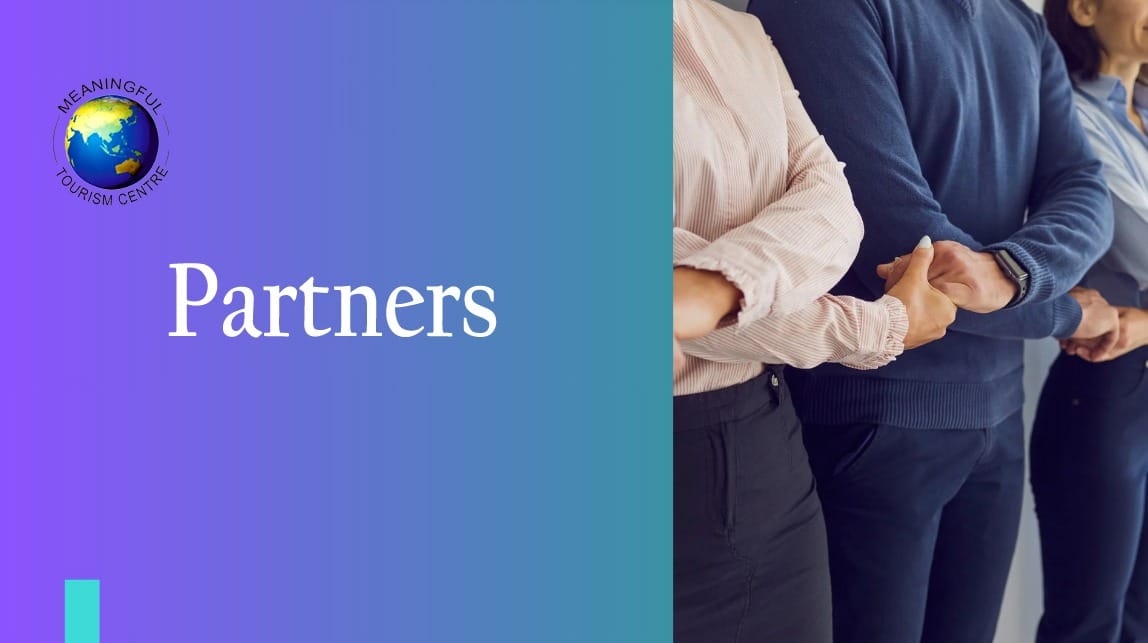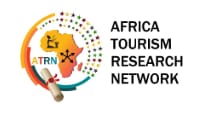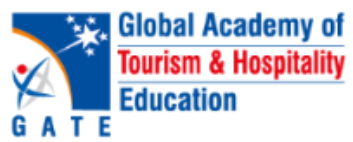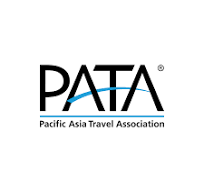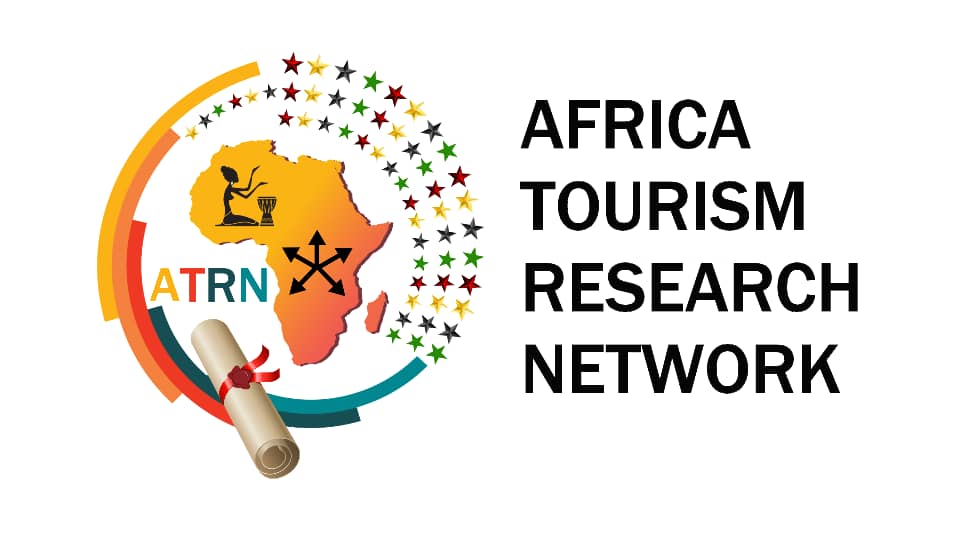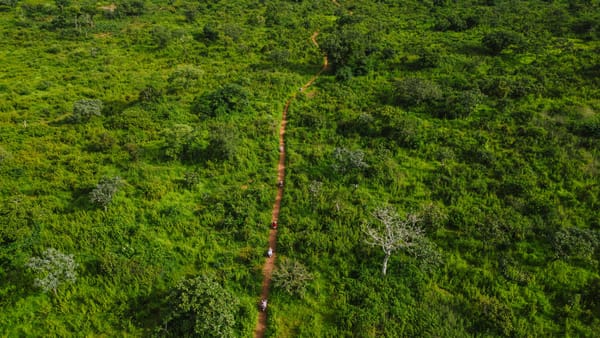Hopes and doubts – The future support of Meaningful Tourism by UN Tourism and the incoming Secretary General

Strong rain and hail never seen before is flooding Alexandria in Egypt, hailstones the size of golf balls injure people in Germany, monsoons start way to early in India and Nepal, complete Swiss Alps village covered by 20 meter thick layer of glacier ice and stones, Sevilla in Spain reaching forty degrees Celsius temperatures already in May.
Every day the news present stories of broken records for heat, draught, rain, storms, of changing ocean currents and changing seasonal pattern with resulting loss of biodiversity and with insurance companies warning that they will not be able to cover any more the increased risk resulting from climate change.
Tourism products depend on the physical environment, directly in water quality, temperatures, diversity of flora and fauna, predictability of sunshine and snowfall, of the blooming of cherry blossoms and tulips and many more.
Tourism products depend also indirectly on the social environment in the form of a functioning peaceful global economy providing disposable income for consumers to be spend on superfluous consumption like holidays away from home and visits of friends and relatives, festivals, doctors, universities and temples in far-away places. Increased risks of interruption and destruction enlarge the amount of necessary spending for resilience and for insurance.
Locals protesting the destructive influence of too many visitors on their area and their culture and employees voting with their feet to go and work somewhere else have been added in recent years.
Meaningful Tourism is a tool which cannot solve these problems faced by all mankind, but Meaningful Tourism can develop strategies to bring tourism back to the side of the good guys, a place it occupied for decades successfully by aligning the benefits and satisfaction of all stakeholders.
The tourism and hospitality industry is starting, albeit late and not always wholehearted, to react to the triple whammy of Climate change, AI and changing consumer demand. Some forward-looking organisations like PATA Pacific Asia Travel Association have already included Meaningful Tourism as its vision. The European Union finally appointed at the beginning of this year Apostolos Tzitzikostas as the new Commissioner for Sustainable Transport and Tourism for the 2024–2029 term. The tourism portfolio, which rather awkwardly was part of the DG Growth (Textile and Tourism) has now found a new home in the DG Move (Transport and Tourism).
It is also of undeniable importance how the United Nations tourism organisation, which was under the last Secretary General renamed from UNWTO to UN Tourism, denying it a self-definition as organisation, program, agency, fund as all other specialised agencies of the UN have in their name, is reaction to the triple whammy.
Last week the attempt of the current CEO to stop the process and get back on the ballot paper after his own government took away its support failed and the voting for the proposal of a person to the UN Tourism General Assembly in November for approval went ahead.
Most independent observers had hoped that Gloria Guevara, a strong supporter of sustainable tourism in her tenures as the tourism minister of Mexico and as head of WTTC, would be chosen. However, the UN Tourism Executive Council supported Shaikha Al Nowais of the UAE as the next Secretary-General, to begin in January 2026. In the first round, the UAE had 16 votes, Greece had 11, Mexico had 6, and Ghana had 2. Gloria Guevara not even made it into the final second round, which ended with the UAE candidate received 24 votes, while the former Greek minister of Tourism received 11.
Shaikha Nasser Al Nowais is the daughter of the billionaire owner of Rotana Hotels and has been working in the family business. In her statement after winning the recommendation to run UN Tourism from 2026 to 2029 she stated that her vision is resting on five pillars that will transform global tourism—
“for a sustainable tourism future that serves communities around the world:
• Responsible Tourism: Protecting our planet, cultures, and communities
• Capacity Building: Empowering women, youth, and local leaders
• Technology for Good: Innovation that enhances lives while safeguarding privacy
• Innovative Financing: Creating sustainable funding models for lasting growth
• Smart Governance: Delivering transparent, accountable leadership"
Imtiaz Muqbil, the most well-known critical voice in tourism journalism, commented:
“You seem to be a little too young and inexperienced for this responsibility, Shaikha. Your five-point manifesto makes no mention of the overarching need of the hour: underpinning tourism as a force for building peace and stemming the onrushing threat of militarism, nationalism, ethnocentrism, extremism, and fascism.”
Indeed, the “five pillars” also do not directly name Climate Change or the dangers of technology advances beyond the protection of privacy or a possible tourism development beyond “growth”. Obviously, the votes for her were not based on a convincing program or proven performance on the level of an UN organisation leadership.
In her “Vision” statement before the election she wrote about sustainability:
“We will advocate for tourism practices that protect our natural and cultural heritage, ensuring future generations benefit from our planet’s diverse resources. Initiatives include eco-friendly resorts, sustainable tourism certifications, energy-efficient systems, waste reduction programs, and partnerships with local businesses.”
This is a woefully superfluous approach naming a few short-term actions which might come to the mind of a hotelier, but is not based on any discernible strategy of change, or of reaction to the radical changes needed in the business model of most parts of the tourism and hospitality.
Alain St. Ange, who himself failed as a candidate for the position of UNWTO SG in 2017, is quoted as saying:
“Shaikha will need many advisors, training, and will have to work hard to gain the trust of the tourism ministers from around the world and the millions of people worldwide who rely on the travel and tourism industry.”
Nevertheless, as Imtiaz wrote:
“As the first female to hold this job, I look forward to seeing you rise to the occasion.”
Therefore, for the development of Meaningful Tourism as the next step in the process of creating a sustainable environment for 10% of the worlds jobs and of 10% of the worlds GDP it remains to be seen how much the new SG will support the provision of benefits and satisfaction for all the stakeholders, for travellers, host communities, employees, companies, governments and the physical, social, economic and political environment in times of dramatic changes.
As always, all best wishes from Prof. Dr. Wolfgang Georg Arlt and the whole Meaningful Tourism Weekly team.

Editor: Prof. Dr. Wolfgang Georg Arlt

Webinar Being Organized by the Meaningful Tourism Centre and the African Tourism Research Network
PATA and MTC to Host Webinar on Meaningful Tourism in Asia Pacific


The Pacific Asia Travel Association (PATA) and the Meaningful Tourism Centre (MTC) are joining forces to host a thought-provoking webinar titled “A Meaningful Pacific Asia Tourism Economy” on July 8, 2025. Scheduled at 3 p.m. Bangkok Time (8 AM London | 1:30 PM India | 4 PM Singapore | 7 PM Sydney), the 90-minute session aims to redefine success in the Asia Pacific tourism sector.
As the region’s tourism industry rebounds, the focus is shifting from traditional metrics like visitor numbers to a more balanced approach. Meaningful Tourism, adopted as PATA’s new Vision statement at the April 2025 Annual Summit, emphasizes community wellbeing, cultural preservation, visitor enrichment, and environmental stewardship. This webinar will explore how these principles can ensure long-term resilience while meeting the needs of all stakeholders.
“Tourism must evolve from a numbers game to a values-driven endeavour. Meaningful Tourism challenges us to rethink success—not just in terms of arrivals or spending, but in how well we serve communities, protect heritage, and enrich lives.”
– PATA Chair Peter Semone
The event will focus on four key objectives: raising awareness of Meaningful Tourism among PATA members and stakeholders, fostering dialogue between policymakers, community leaders, and tourism entrepreneurs, showcasing successful examples of Meaningful Tourism, and promoting collaborative strategies through PATA and MTC partnerships.
The webinar targets a diverse audience, including PATA members, national and local tourism boards, government policymakers, tourism entrepreneurs, SMEs, NGOs, academia, researchers, investors, students, and international tourism stakeholders.

Meet the Trainers for the Meaningful Tourism Transformative Game Workshop:

Certified by Cornell University in Real Estate, Development, and Hotel Investment, and by the UK's Open University in Business Economics, Lars also holds diplomas in Project and Change Management and Strategic Marketing. His journey began with hands-on roles in food and beverage and revenue management, eventually leading him to executive leadership positions across Europe.
In 2004, Lars founded SolutionsHI, a strategic hotel consultancy aimed at elevating independent hotels and resorts through tailored strategies and an expansive international network. His passion for authentic hospitality led to the creation of Singular Places, a platform that connects travelers with unique, locally rooted accommodations committed to social and environmental impact.
 As the Germany Ambassador for the Transformational Travel Council, Lars champions travel that fosters personal growth and meaningful connections. He is a sought-after speaker and educator, sharing his insights at conferences and seminars across Europe.
As the Germany Ambassador for the Transformational Travel Council, Lars champions travel that fosters personal growth and meaningful connections. He is a sought-after speaker and educator, sharing his insights at conferences and seminars across Europe.
Lars von der Wettern's work embodies a commitment to making travel better—celebrating the uniqueness of destinations, the authenticity of hosts, and the transformative power of genuine hospitality.
The Meaningful Tourism Weekly asked Mr. Lars von der Wettern:
"What is the current situation of tourism in Germany, and how can the Meaningful Tourism paradigm help support its development?"
his answer...
In Germany, tourism has long been an economic pillar — yet it has never been fully recognised as a true value-creating sector in an otherwise heavily industrialised country. Recent years have challenged us to rethink its real role. The post-COVID surge in local travel offered a glimpse into how tourism can reconnect people to place. Yet, as borders reopened, many regions quickly reverted to old models: high-volume, low-value tourism that strains both communities and ecosystems.
Fortunately, a different path is emerging. Across Germany, forward-thinking regions are embracing Meaningful Tourism principles: fostering local collaboration, investing in sustainability, and experimenting with circular models of hospitality. These initiatives not only benefit communities and the environment — they also create richer, more resilient visitor experiences.
Still, it is only in a few places that we truly see the full value being understood: quality businesses acting as guardians of their place, good employment opportunities, strong local supply chains — from agriculture to culture to activities — and a diversification of risk, moving away from dependency on single sectors. Too often, efforts remain isolated: a single sustainable “lighthouse project,” rather than a deeper, meaningful connection between businesses, communities, and the local economy. The potential lies in creating wealth for all stakeholders.
At Singular Places, we see a growing appetite for authenticity and purpose-driven travel. Travellers today seek more than sights; they crave connection — to nature, to culture, to the stories of the people who shape a place. Yet many destinations still lack the frameworks to transform this demand into sustainable, long-term value.
This is where Meaningful Tourism becomes crucial. By focusing on all stakeholders — guests, hosts, businesses, and the environment — it offers a path forward. In Germany, the challenge is not simply to attract visitors, but to cultivate tourism that truly benefits local communities and ecosystems. The opportunity lies in embedding meaning into every step of the journey, from planning to policy to practice.
“If more destinations commit to these principles, Germany can lead by example — showing how tourism can be not just an industry, but a force for good: strengthening places, empowering people, and creating value that endures.”
Lars von der Wettern
Meaningful Tourism Transformational Games Trainer for Germany & Spain | Meaningful Tourism Centre
Trainers Around the World
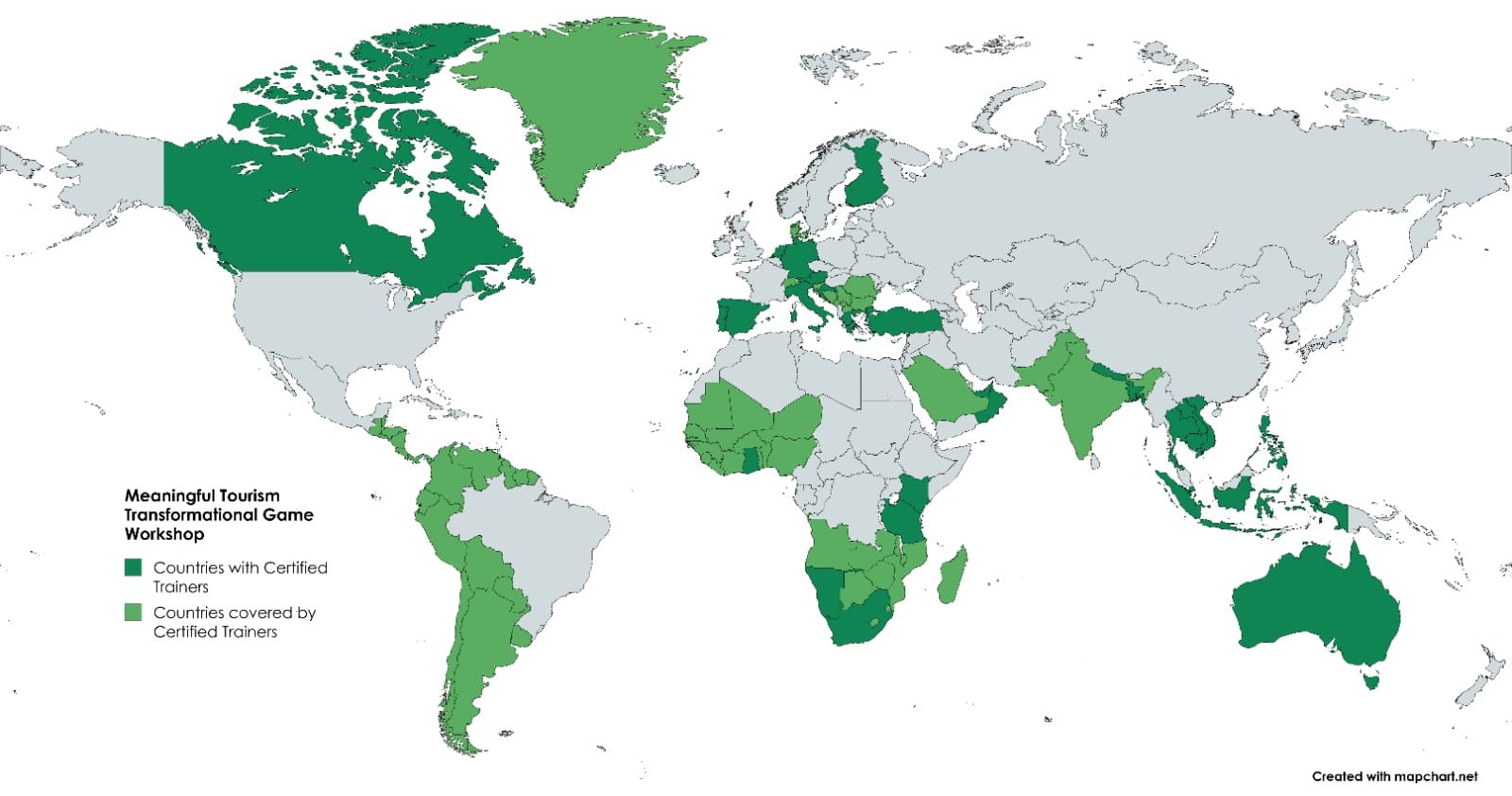
MTC is happy to invite more persons to become certified trainers and offering Meaningful Tourism Transformational Game Workshops in countries or regions not yet covered. If you have experience as a trainer and interest to support sustainable tourism, please contact us.

For more information on the latest Meaningful Tourism news, we recommend looking at the following information from our partners and colleagues:
TRAVELLERS
ABTA Publishes Latest Travel Trend News for 2025
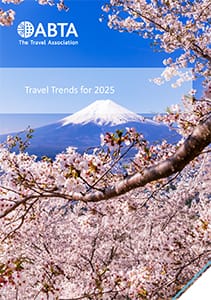
ABTA Travel Trends 2025
ABTA (The Travel Association) has released its Travel Trends Report for 2025, revealing that despite ongoing financial pressures, UK travelers remain strongly committed to taking holidays abroad. According to the report, 68% of UK adults plan to travel overseas in the coming 12 months, with 84% intending to spend the same or more on their holidays compared to last year.
The report highlights a growing appetite for long-haul travel and luxury experiences, including five-star accommodations. Winter travel is also on the rise, as more people seek unique seasonal experiences. Another notable shift is the increasing popularity of couples-only holidays, reflecting a desire for more intimate and personalized getaways.
While traditional sources of holiday inspiration remain influential, travelers are also beginning to embrace new technologies in planning their trips. ABTA’s latest findings show that the demand for travel is not only resilient but evolving toward more meaningful and high-quality experiences.
HOST COMMUNITIES
Spanish Host Communities to Stage Nationwide Protests on June 15 Against Overtourism Pressures
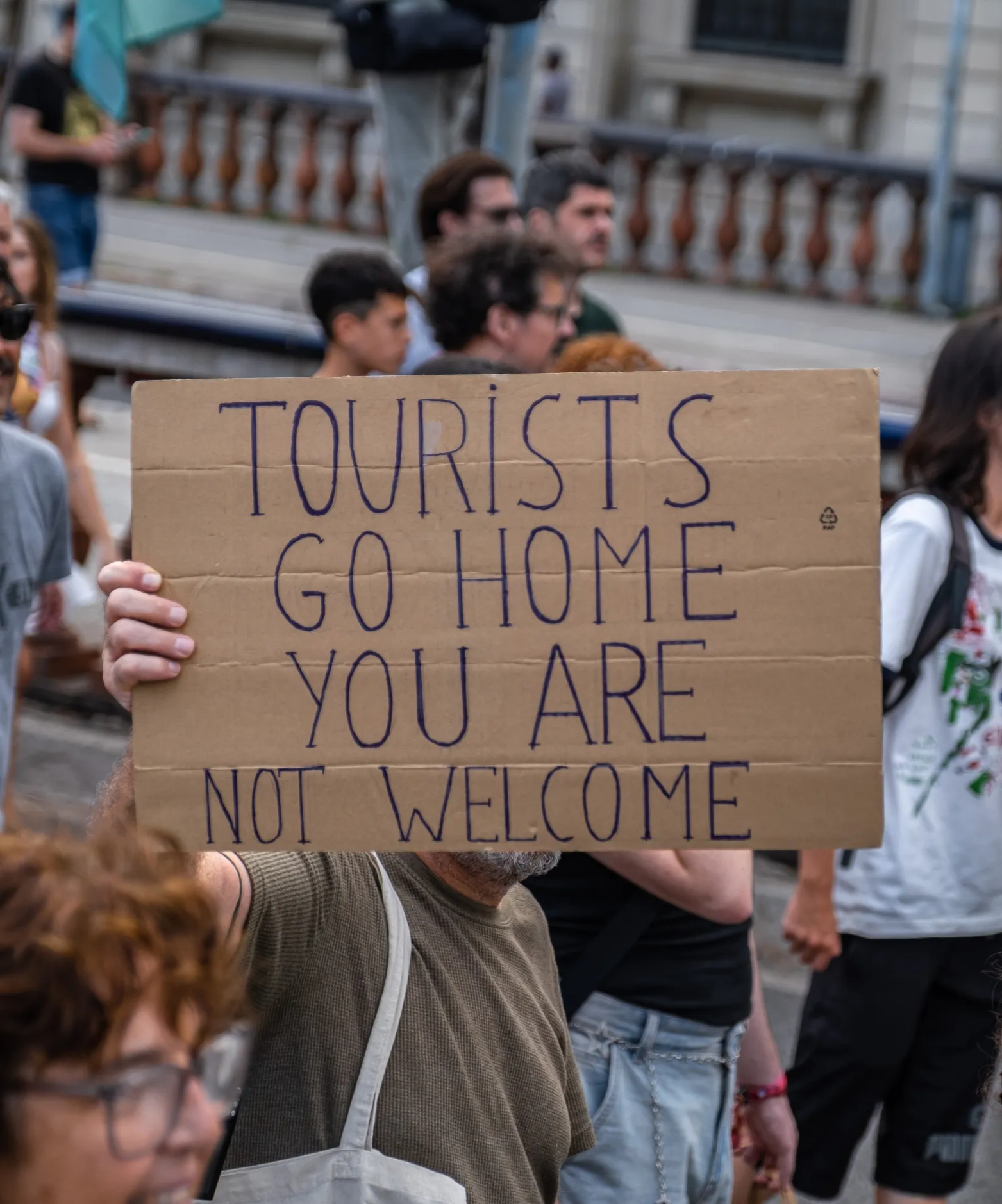
Spanish protests against overtourism
On June 15, 2025, coordinated anti-tourism protests are scheduled across ten Spanish cities—including Palma, Ibiza, Barcelona, and Valencia—organized by the campaign group Menys Turisme, Més Vida ("Less Tourism, More Life"). These demonstrations aim to address the adverse effects of mass tourism on local communities.
From the perspective of host communities, these protests are a response to the housing crisis exacerbated by the proliferation of short-term tourist rentals, which have made affordable housing scarce for residents. In cities like Barcelona, rental prices have surged, with a reported 68% increase over the past decade, making it increasingly difficult for locals to afford living in their own neighborhoods.
EMPLOYEES
India’s Tourism Workforce Poised for Growth as Sector Nears €22.55 Billion Turnover in 2025

India tourism growth
India's tourism sector is projected to contribute over ₹22 lakh crore to the national economy in 2025, with employment expected to reach 48.2 million jobs.
This growth signifies increased job opportunities and potential for career advancement. The expansion of the industry may lead to improved working conditions and benefits, enhancing job satisfaction and stability. However, it also underscores the need for adequate training and skill development to meet the evolving demands of the sector.
Overall, the anticipated growth in India's tourism industry presents both opportunities and challenges for its workforce, emphasizing the importance of strategic planning and investment in human capital to sustain and enhance this momentum.
COMPANIES
Hilton's AI Strategy: Enhancing Guest Experience with Personalization and Operational Efficiency

Hilton AI strategy
Hilton is leveraging artificial intelligence (AI) to enhance guest experiences and streamline operations. At the Skift Data + AI Summit on June 4, 2025, Chris Silcock, Hilton's President of Global Brands and Commercial Services, discussed the company's AI initiatives. Hilton is implementing AI to personalize guest interactions, optimize pricing strategies, and improve operational efficiency.
The company aims to use AI to anticipate guest needs, offer tailored recommendations, and automate routine tasks, thereby allowing staff to focus on delivering exceptional service. These efforts are part of Hilton's broader strategy to integrate technology into its operations to meet evolving guest expectations and maintain a competitive edge in the hospitality industry.
GOVERNMENTS
Seoul Government Launches Global Tourism Campaign Featuring Chef Edward Lee to Promote Culinary and Solo Travel Experiences

Chef Edward Lee campaign
The Seoul Tourism Organization has launched a global promotional campaign featuring celebrity chef and Seoul Honorary Ambassador Edward Lee. The initiative includes two videos: "Seoul Table for One," premiering on June 5, and "Solo in Seoul," scheduled for June 11. These videos showcase Seoul's culinary diversity and solo-friendly travel experiences. The campaign, co-produced with NBCUniversal, aims to boost international tourism by highlighting the city's unique offerings.
ENVIRONMENT
Sagarmatha Sambaad: A Missed Opportunity in the Face of Himalayan Climate Crisis
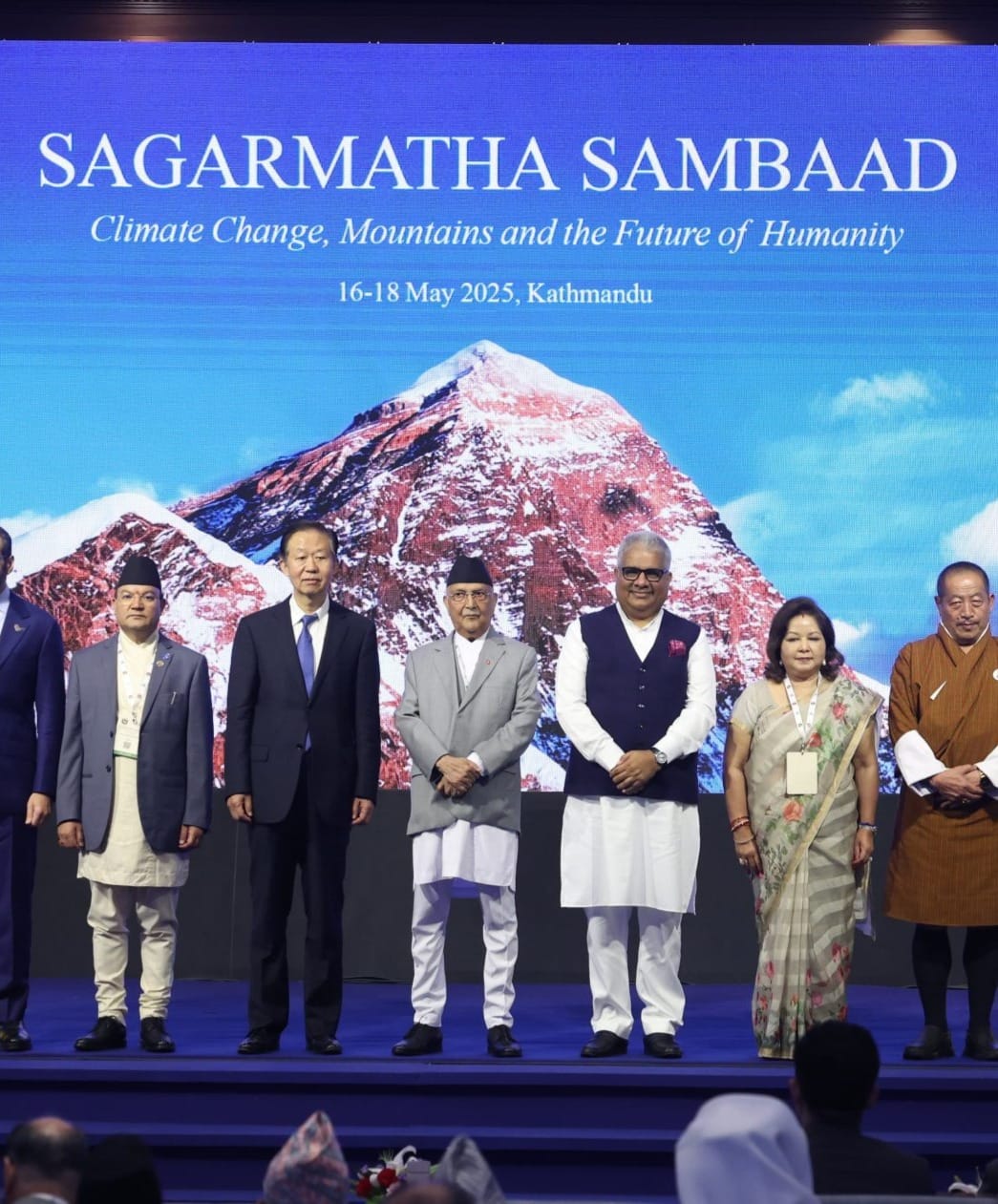
Sagarmatha Sambaad conference
The Sagarmatha Sambaad, Nepal's flagship climate diplomacy initiative, convened from May 16 to 18, 2025, in Kathmandu, aiming to address the pressing climate challenges facing mountainous regions. Despite the gathering of over 300 participants, including ministers, scientists, and civil society leaders, the event fell short in delivering actionable outcomes.
The conference concluded with a 25-point "Sagarmatha Call for Action," yet lacked concrete mechanisms for implementation. Critics argue that the dialogue, while symbolically significant, did not translate into meaningful commitments or strategies to combat the accelerating impacts of climate change in the Himalayas.

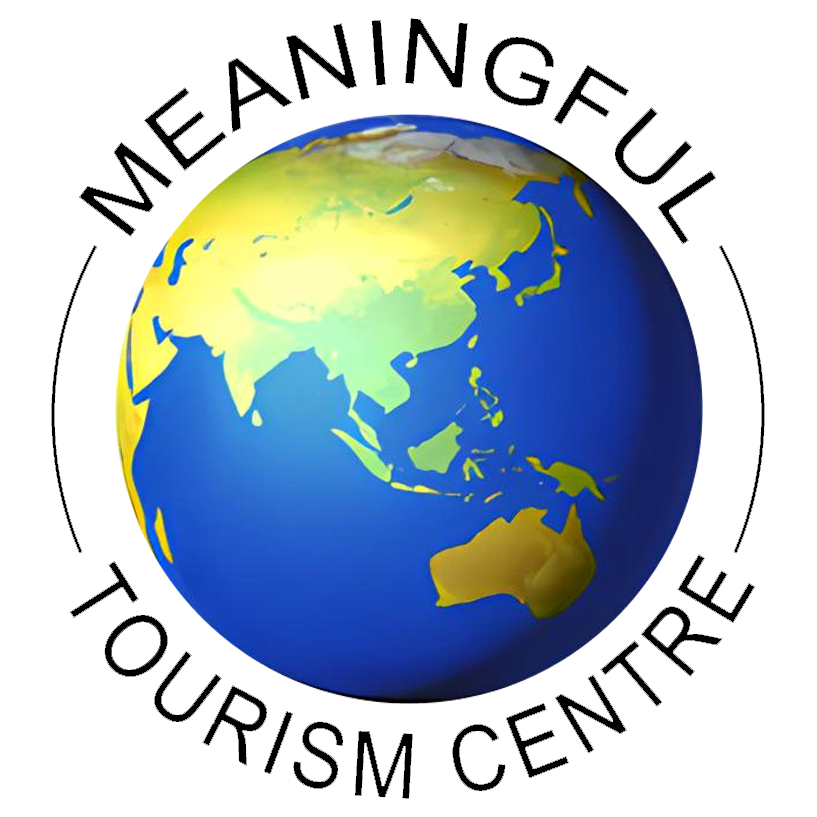
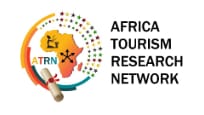
Webinar: Tourism Development in Africa
Date: June 19th, 2025 – JUNETEENTH
JUNETEENTH marks the day in 1865 when slavery officially ended in the United States. This webinar will honor that legacy by reflecting on tourism development in Africa—its achievements, challenges, and the path forward.
The Meaningful Tourism approach will be presented as a tool to help avoid mistakes and harm caused by unsustainable tourism in other parts of the world. Speakers will share insights and Best Practice Examples to guide meaningful progress.
Organized by the Meaningful Tourism Centre and the African Tourism Research Network, the webinar invites tourism professionals, researchers, and changemakers to join the conversation.
Upcoming Webinar: Building a Meaningful Pacific Asia Tourism Economy
Organised by: Pacific Asia Travel Association (PATA) & the Meaningful Tourism Centre (MTC)
Date: Tuesday, July 8, 2025
Time: 3 PM Bangkok | 8 AM London | 1:30 PM India | 4 PM Singapore | 7 PM Sydney
Duration: 90 minutes
Format: Live Webinar
As tourism across the Asia Pacific rebounds, the time is ripe to reimagine how the industry defines success. This thought-provoking webinar—“A Meaningful Pacific Asia Tourism Economy”—invites stakeholders to embrace a shift from volume-driven growth to a values-based, community-centered approach.
Introduced as PATA’s new Vision during its April 2025 Annual Summit, the concept of Meaningful Tourism urges industry leaders to go beyond counting arrivals and revenues. It calls for a deeper commitment to cultural preservation, community wellbeing, visitor enrichment, and environmental stewardship.
“Tourism must evolve from a numbers game to a values-driven endeavour.”
– Peter Semone, Chair of PATA
Join this vital conversation and be part of shaping a more resilient, inclusive, and meaningful tourism future for the Asia Pacific region.


About Meaningful Tourism Weekly
Meaningful Tourism Weekly is published every Thursday by the MTC Meaningful Tourism Centre (London and Kathmandu). This newsletter delivers a rich blend of content to its readers, designed to inspire and inform the global tourism community.
Each issue features the Meaningful Tourism Weekly Editorial, updates on MTC activities, a Best Practice example, a portrait of an MTC-certified trainer, news about upcoming events, and occasionally additional op-ed pieces from guest authors. Carefully selected news items, including videos and podcasts with links to original sources, are also included. These are categorized according to the six main stakeholders of tourism and hospitality as defined by the Meaningful Tourism paradigm: Traveller/Guests, Host community, employees in tourism and hospitality service providers, service providing companies, governments, and the environment.
Subscription to Meaningful Tourism Weekly is free, with no advertisements. Subscriber names and details are never shared with third parties, ensuring complete privacy.
Sponsorship opportunities are available for those interested in supporting this initiative.
For those keen to explore the work of the Meaningful Tourism Centre—offering trainings, market research, product adaptation, consulting services, conferences, strategy development, and marketing—visit our website www.meaningfultourismcentre.org or contact us at info@meaningfultourismcentre.org.
